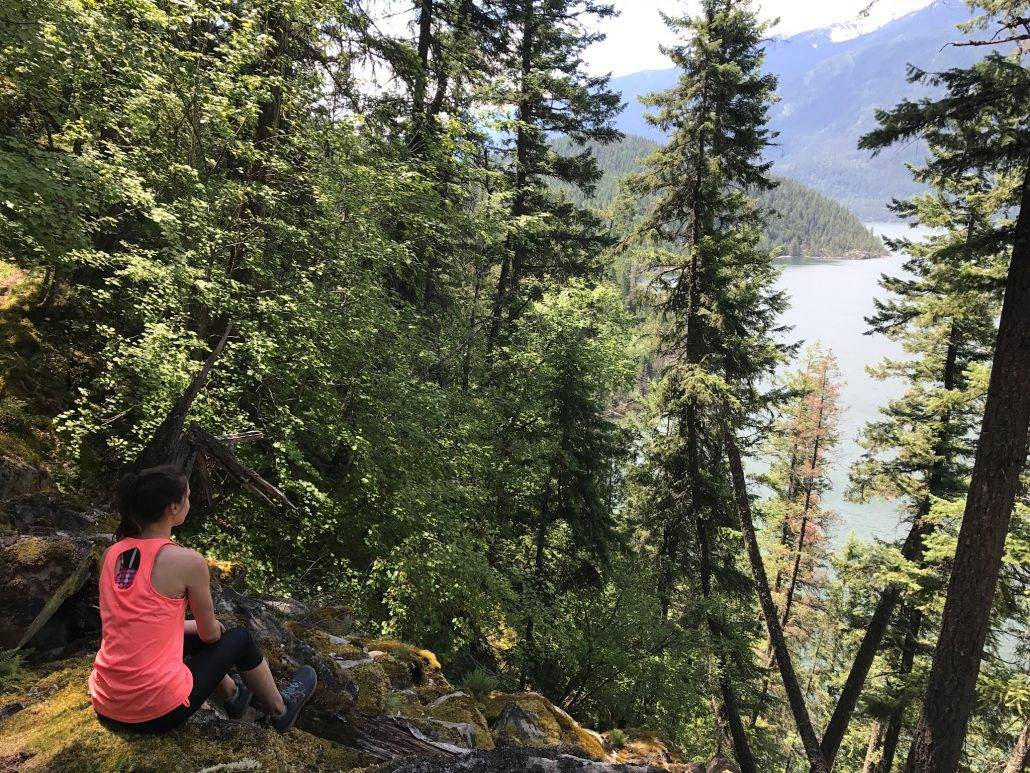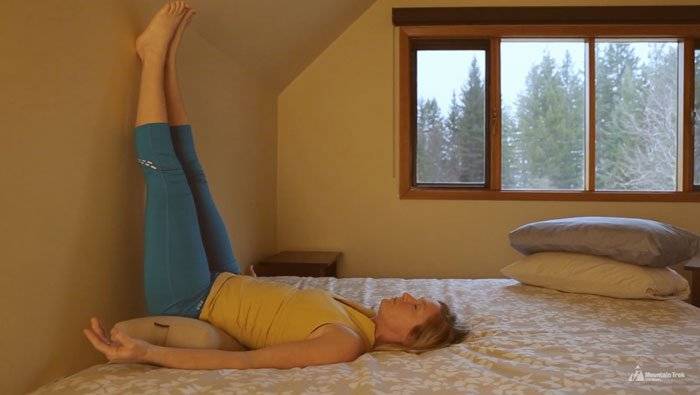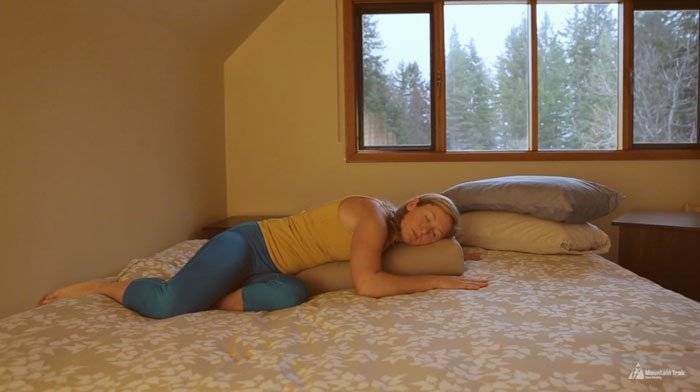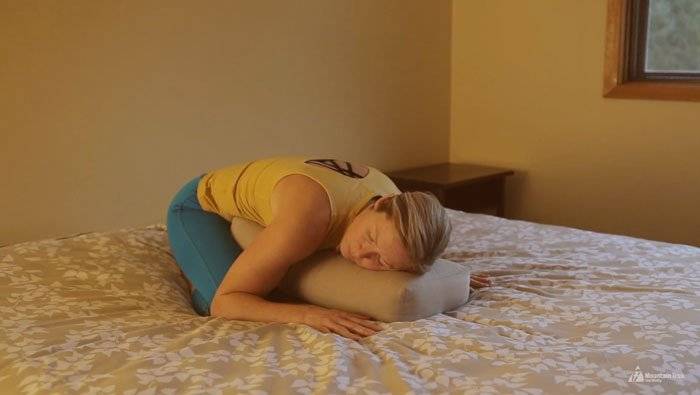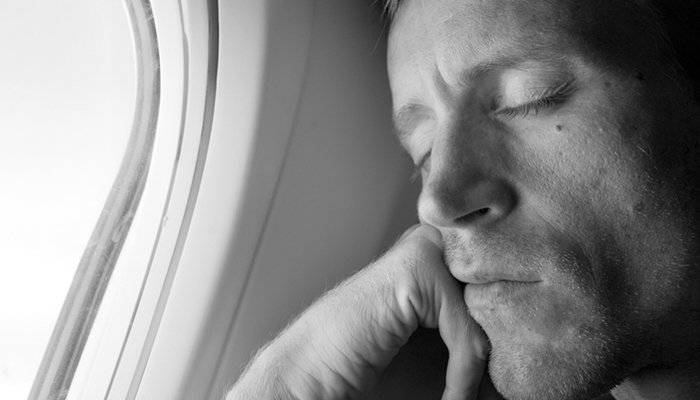How To Prioritize Sleep
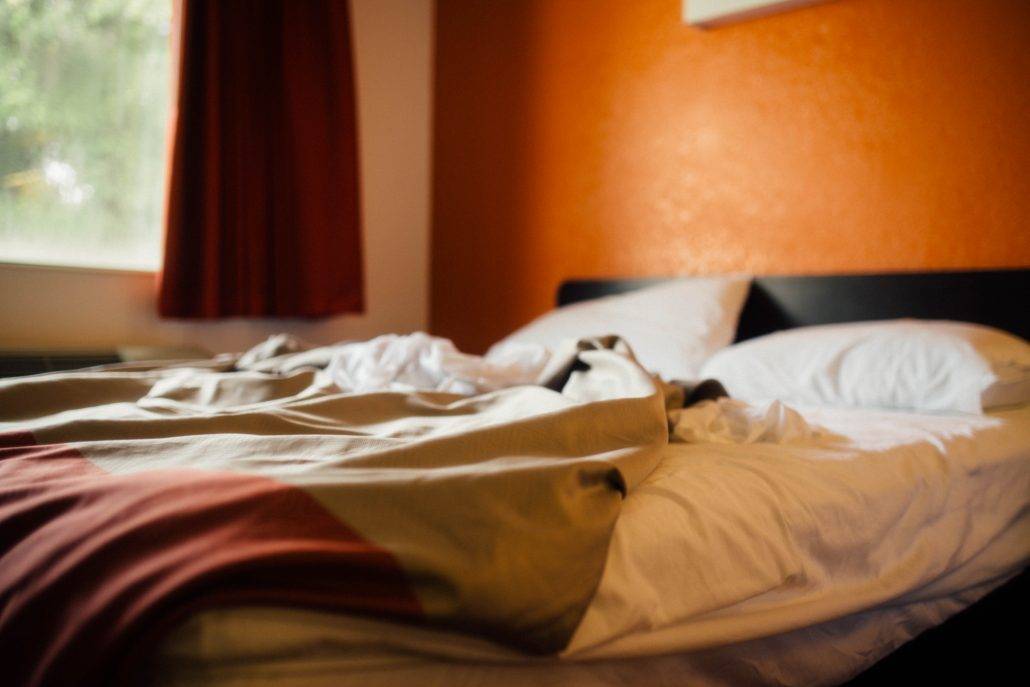
Did you know that humans are the only mammals that don’t prioritize sleep above all else. This is the time when your body and brain rest and reboot, and healthy sleep is crucial for long-term health and vitality. It’s as important as nutrition and fitness, but is usually the first thing that falls off our priority list.
At Mountain Trek, we predict that within ten years most North American workplaces will offer employees a dedicated place to sleep during workdays. Companies like Google, Zappos, and PricewaterhouseCoopers already offer their employees nap opportunities. Employers are getting more and more serious about optimizing work environments to support their workforce and with good reason. The U.S. loses $411 billion per year due to lost productivity from sleep deprivation. Taking a nap sometime between noon and 4 pm lowers cortisol and improves focus. Smart leaders understand that by creating an opportunity to nap, they’ll get more out of their employees than a 3 p.m. coffee could ever offer.
So, where do you start? Change can be overwhelming: no devices in the bedroom, limiting alcohol, keep your room at 60 degrees Fahrenheit — it can feel impossible to implement all of that at once. Our easy process below will get you on a path to sustainable sleep health.
3 Steps to Healthy Sleep
Step 1: Evening Journal
Before you try to change anything, first you should observe your evening ritual. Journaling is beneficial for all sorts of reasons. In this instance, it will help you identify patterns you may not know you have. Every night for a week, jot down how you spent your evening. What time you arrived home from school, work, or errands, how long it took to cook and clean up dinner, and your evening leisure activities. Did you have a glass of wine or a beer? A big meal late in the evening? For one week, do nothing but log and reflect.
Step 2: Identify the Lowest Hanging Fruit
The next step is to analyze the results of your sleep log. Do you spend more time watching Netflix than you’d have guessed? Is dinner an ordeal that takes 90 minutes when all is said and done? Identify which factors contribute to getting in bed later and write a solution for each. For example:
- Dinner takes more than an hour every night. Each Sunday, I’ll prepare and freeze two dinners for myself and my family in order to cut down on labor time.
- My two favorite shows are both on Tuesday evenings. In order to cut down on screen time, I’ll record one of those shows and watch it the next day.
- My job is stressful, and I usually have 2-3 glasses of wine per night to unwind. I’ll download a meditation app, and for 3 nights per week, I’ll meditate for 10 minutes instead of going for the Pinot.
Step 3: Choose No More Than Two Evening Activities to Change & Adjust
One pitfall of habit formation is that people try to do too much too fast. Which results in failure, feeling shame for that failure, and abandonment of the entire goal. Keep your habit formation goals simple, and make sure it’s something you know that you can commit to.
We recommend choosing no more than two of the items are on your list to implement. If you can successfully change those actions, then great! Add another two on. However, to start, only choose two that you are 100% confident you can accomplish. Keep the journal you started, noticing how the 1-2 changes your making affects your mood, energy, and appetite levels.
These three manageable steps to prioritize sleep help you make reasonable, long-lasting change. For most of us, the stress of our jobs, families, and lives can contribute to short and shallow sleep — but by being mindful of your evening activities, you can gradually make a big impact on your sleep health.
Sleep is one of Mountain Trek’s core pillars of health. Need a whole-body reset? Come join us for gorgeous trekking, digital detox, and healthy, deep sleep.
What is Mountain Trek?
Mountain Trek is the health reset you’ve been looking for. Our award-winning health retreat, immersed in the lush nature of British Columbia, will help you detox, unplug, recharge, and roll back years of stress and unhealthy habits. To learn more about the retreat, and how we can help you reset your health, please email us at info@mountaintrek.com or reach out below:

